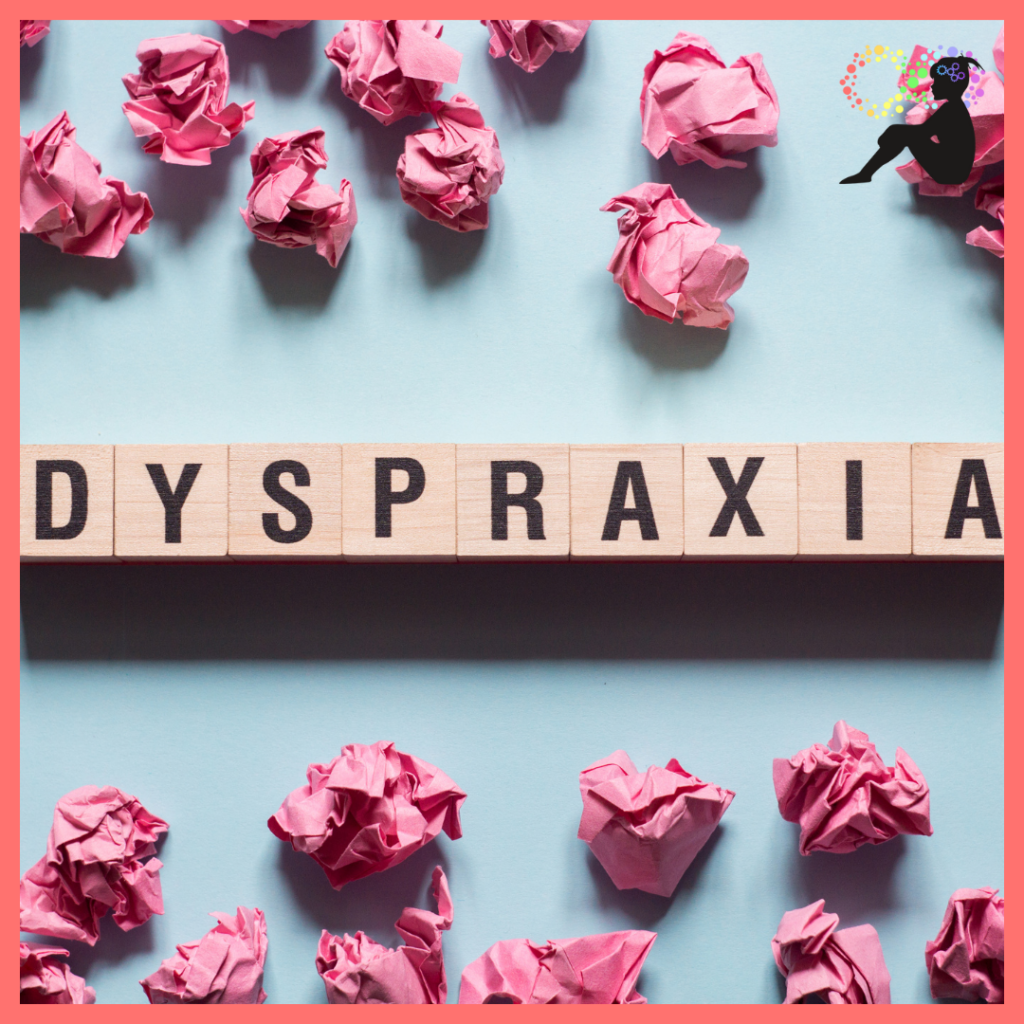Developmental Coordination Disorder £500 – £795
Our expert team have appointments available now
Motor / Developmental Coordination Disorder (DCD / Dyspraxia) Assessments
for Children
At Private Child Autism Assessment we provide Motor / Developmental Coordination Disorder (DCD / Dyspraxia) Assessments for Children.

Understanding Developmental Coordination Disorder (DCD)
Developmental Coordination Disorder (DCD), also known as dyspraxia, is a neurodevelopmental condition that affects a child’s ability to plan and coordinate physical movements. This can impact daily activities such as writing, dressing, and participating in sports. Early identification and intervention are crucial in helping children with DCD develop the necessary skills to improve their quality of life.
Our DCD Assessment Services
At Dr Hunt Psychology, we specialise in providing comprehensive assessments for children who may be experiencing difficulties related to DCD. Our goal is to offer a clear understanding of your child’s challenges and strengths, allowing for targeted interventions and support.
What to Expect During a DCD Assessment
Our DCD assessments are thorough, evidence-based, and tailored to meet the unique needs of each child. The process typically includes the following steps:
- Initial Consultation:
A detailed discussion with parents or caregivers to gather information about the child’s developmental history, motor skills, and any concerns. - Standardised Motor Assessments:
We utilise a variety of standardised tools to evaluate the child’s motor coordination, fine and gross motor skills, and ability to perform daily tasks. - Observational Analysis:
Our specialists observe the child in various activities to assess how motor difficulties may be impacting their everyday life, such as in school, play, and self-care. - Cognitive and Perceptual Assessments:
In some cases, we may conduct additional assessments to understand how cognitive and perceptual factors might be influencing motor performance. - Feedback Session:
After the assessment, we provide a detailed report and meet with parents or caregivers to discuss the findings, including any diagnosis, and to offer recommendations for interventions and support.
Who Should Consider a DCD Assessment?
Children who may benefit from a DCD assessment often exhibit one or more of the
following signs:
- Difficulty with tasks that require coordination, such as tying shoelaces, using cutlery, or riding a bike.
- Avoidance of physical activities, particularly those involving fine or gross motor skills.
- Slower than expected progress in tasks requiring hand-eye coordination, such as writing or drawing.
- Challenges with self-care activities like dressing or brushing teeth.
If you notice these signs in your child, an assessment can provide valuable insights and guide you toward the most effective strategies to support their development.

Why Choose Dr Hunt Psychology
- Experienced Specialists: Our team consists of experts in paediatric neurodevelopment and occupational therapy
- Personalised Approach: We recognise that every child is unique, and our assessments are customised to address the specific needs of your child.
- Comprehensive Reports: We provide detailed, easy-to-understand reports that outline our findings and recommendations, ensuring you have a clear path forward.
- Supportive Environment: We create a welcoming and child-friendly atmosphere, ensuring your child feels comfortable and engaged throughout the assessment process.
Next Steps
If you suspect your child may have DCD or if they are struggling with coordination and motor skills, we are here to help. Early intervention can make a significant difference in your child’s development and confidence.
Costs
As each assessment process is unique, we will provide an individualised quote for the cost of the assessment. For a standalone DCD assessment, you can expect to pay £795. You can also opt to ‘add on’ a motor assessment to an autism / ADHD assessment, at a reduced cost of £500.
Similarly, if your child is being assessed for autism and/or ADHD then you can ‘add’ a DCD assessment at a reduced cost of £500
Contact us today to schedule a DCD assessment or to learn more about our services. Together, we can help your child reach their full potential.
Please note, if DCD is identified, then in line with the NICE Guidelines, you will need to ask your child’s GP or Paediatrician to ‘rule out’ an ‘organic’ cause for the motor difficulties in order to confirm a diagnosis of DCD. We have not experienced issues with this to date and where a diagnosis of DCD is indicated, we will make recommendations accordingly in advance of the GP/Paediatrician confirmation.